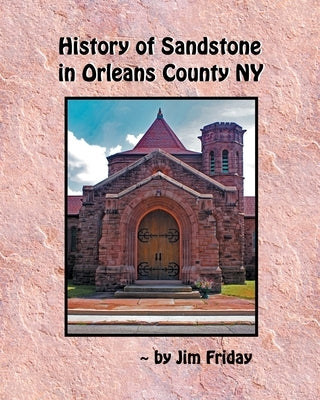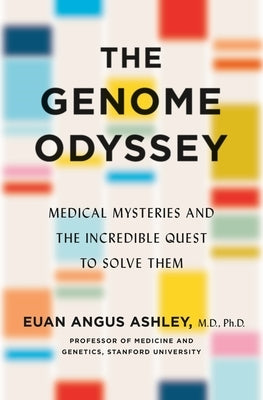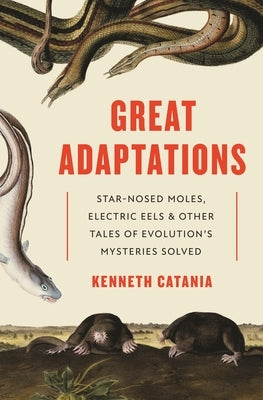Description
This book recognizes groundwater flow as a fundamental geologic agent, and presents a wide-ranging and illustrated overview of its history, principles, scientific consequences and practical utilization. The author, one of the founding fathers of modern hydrogeology, highlights key interrelationships between seemingly disparate processes and systems by tracing them to a common root cause - gravity-driven groundwater flow. Numerous examples demonstrate practical applications in a diverse range of subjects, including land-use planning, environment protection, wetland ecology, agriculture, forestry, geotechnical engineering, nuclear-waste disposal, mineral and petroleum exploration, and geothermal heat flow. The book contains numerous user-friendly features for a multidisciplinary readership, including full explanations of the relevant mathematics, emphasis on the physical meaning of the equations, and an extensive glossary. It is a key reference for researchers, consultants and advanced students of hydrogeology and reservoir engineering.
About the Author
Tóth, József: - József Tóth began his study of geophysics in Hungary in the early 1950s, but moved to the University of Utrecht in the Netherlands in 1956 following the Hungarian revolution. He later emigrated to Canada, where he joined the Alberta Research Council in 1960. He shifted the paradigm of strata-bound groundwater flow in drainage basins to cross-formational water movement by two ground-breaking papers in 1962 and 1963 before defending his Ph.D. thesis in Utrecht in 1965, and has contributed fundamental concepts and observations to the role of groundwater as a geologic agent. He joined the University of Alberta in Canada as a sessional instructor in 1966 and as a full-time faculty member in 1980. He currently holds the postitions of Professor Emeritus at the University of Alberta, and Titular Professor at the Eötvös Loránd University in Budapest, Hungary. Professor Tóth has received many awards for his work in hydrogeology, including the first O. E. Meinzer Award from the Geological Society of America in 1965; the 1999 President's Award from the International Association of Hydrogeologists (IAH); the 2002 Prix R.N. Farvolden Award from the Hydrogeology Division of the Canadian Geotechnical Society; the 2003 M. King Hubbert Science Award of the National Ground Water Association (NGWA) of the USA; and the 2004 C. V. Theis Award of the American Institute of Hydrology.




















































